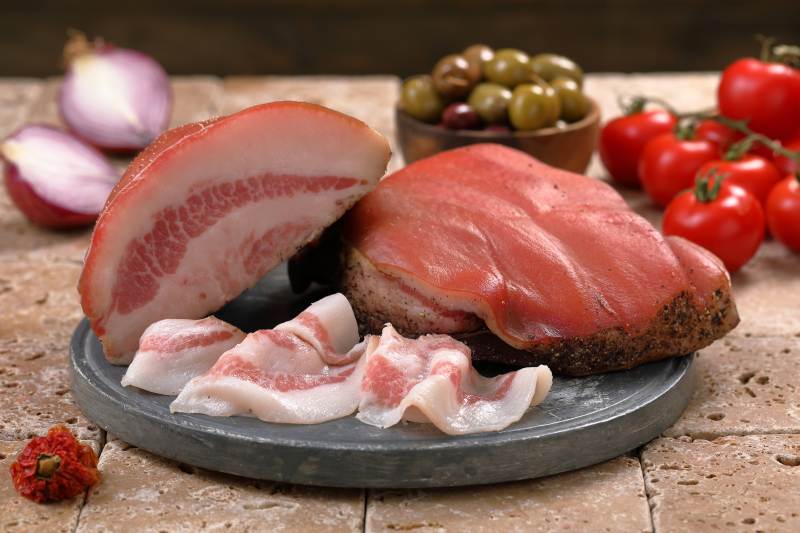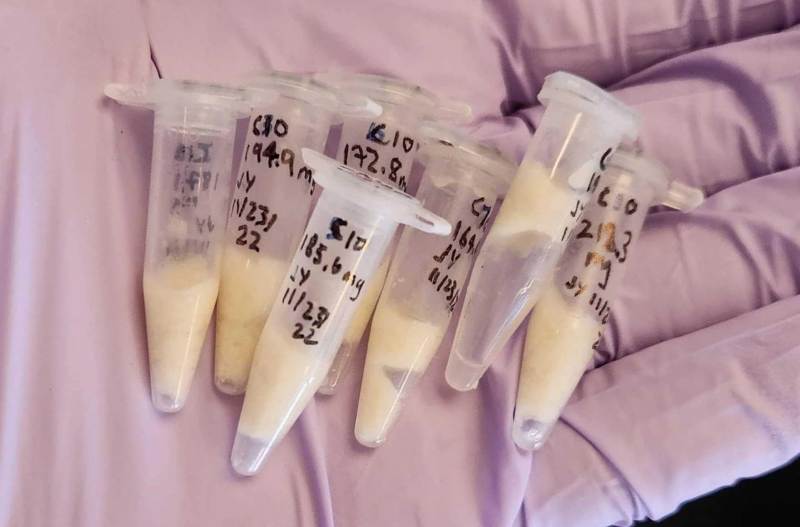We are at a turning point in our global food system, facing the challenge of producing enough food for a growing population while also dealing with the significant environmental impact of traditional agricultural practices. One particular area of concern is the production of fats and oils, which are essential components of our diets and used in a wide range of food products.

Each year, 221.5 million tons of fats and oils are produced globally, averaging 27 kg per person. By the end of this century, we will need to produce at least 280 million tons of fats and oils to keep up with the predicted population growth. Unfortunately, the current production systems may not be able to meet this demand sustainably.
About 50% of global fat production comes from soybean and palm fruit oils. They are followed by other plant oils (25%), animal meat-derived fat (13%), and dairy-derived fat (12%). The cheapest and most abundant fats are palm and soy oils. Conversely, animal fats are the most expensive and have a larger environmental impact. For instance, sheep and beef fat production create almost 14g of CO2-eq per kcal produced, while plant-based fats like palm oil, soy oil, coconut oil, and cocoa butter produce just 1.5g of CO2-eq per kcal. However, the situation is not as clear-cut as it seems. Palm oil, for example, is efficient and cheap, but its production is notorious for causing deforestation, social conflict, and human rights violations. Even with initiatives to make palm oil production more sustainable, there are still significant issues to address.
So, where do we go from here? The answer lies in innovative solutions that can produce the fats we need in a sustainable and resilient way. A few pioneering startups around the world, including FUDZS, are exploring new methods of fat production that promise to revolutionize the industry. These innovative approaches include precision fermentation, thermochemical processes, and cell cultivation. Precision fermentation is like brewing, but it uses biotechnology to program genetically modified microorganisms to produce fats. The thermochemical approach converts CO2 into fat using only CO2, water, and electricity. Cell cultivation involves extracting cells from animals (or plants) and growing them in sterile containers with controlled temperature and light intensity.

At FUDZS, we are committed to creating a more sustainable and resilient food system thanks to cultivation of adipocytes (animal fat cells). Our unique approach allows us to decouple yield from land use and lower greenhouse gas emissions. Producing high-quality cultivated meat with superior taste is significantly dependent on the way we cultivate fat. Fat is a crucial contributor to the flavor, texture, and juiciness of meat. When meat is cooked, the fat melts and infuses the meat with its unique flavor, a process known as marbling. By fine-tuning this process, we can create meat products that have the perfect balance of lean meat and fat.
We are proud to be part of this revolution in the food industry, and we are excited to offer innovative products that not only taste great, but also contribute to a healthier planet. By embracing these new methods of fat production, we can future-proof our food system, ensuring that we can provide enough food for our growing population while also reducing our environmental impact.
The future of fats is here, and it’s sustainable, resilient, and delicious. Join us on this journey to make a difference for our planet and for future generations.
